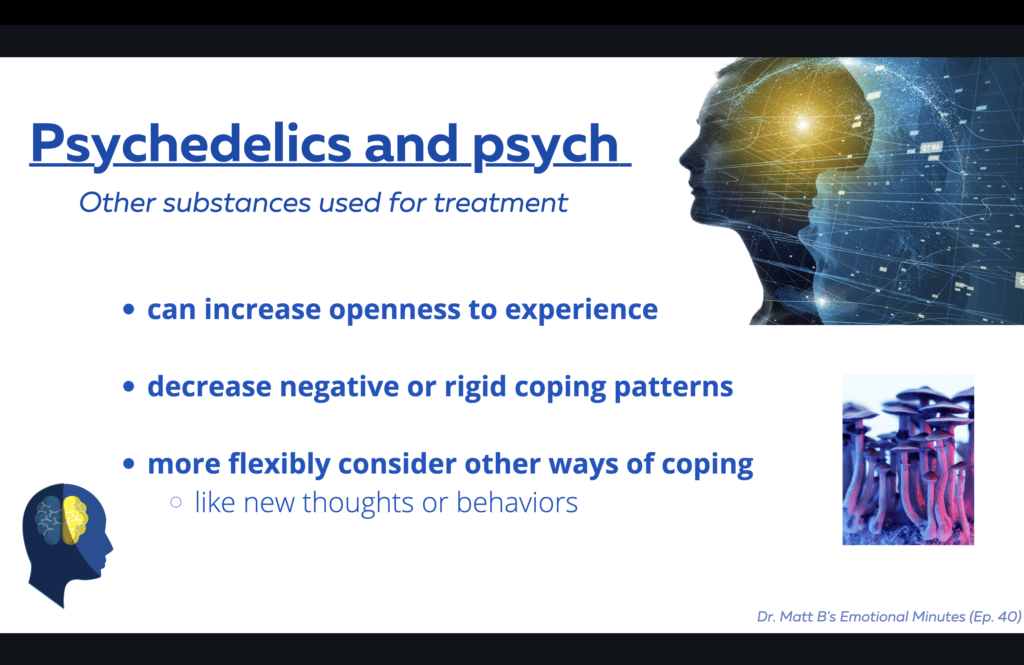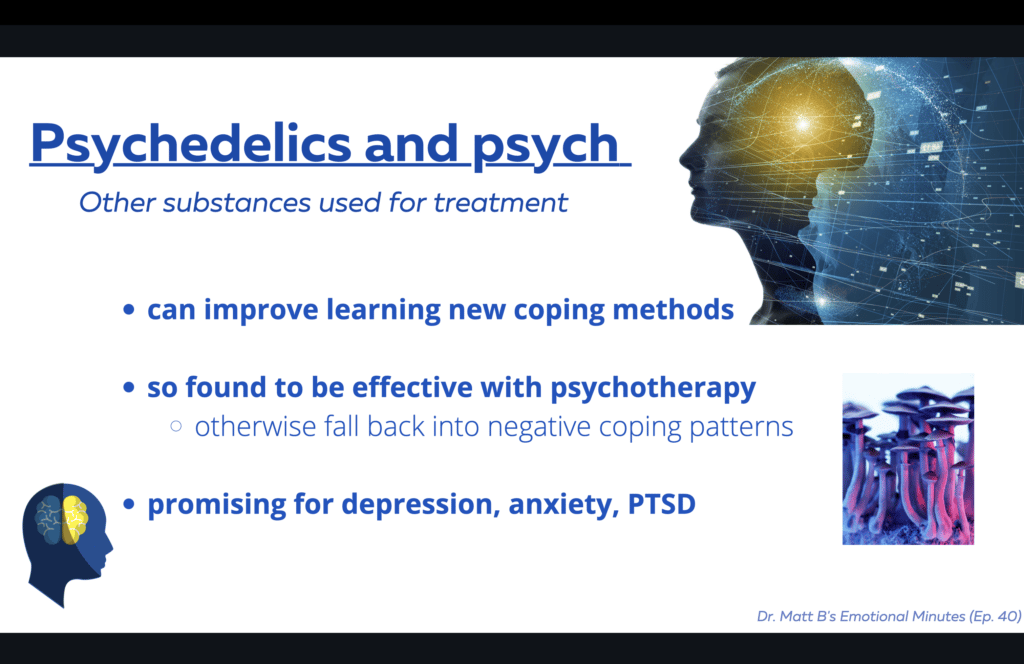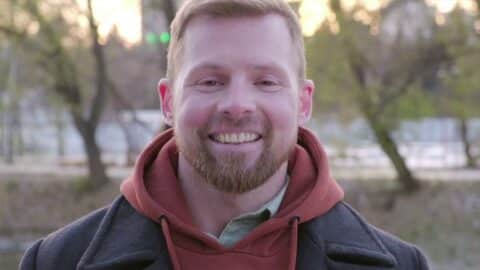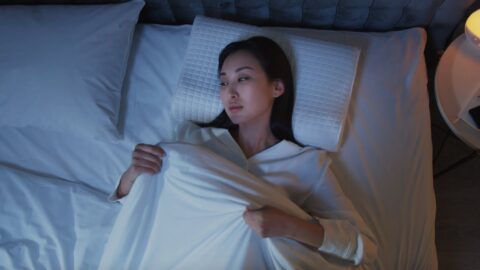Psychedelics for mental health has become a popular topic. Evidence shows that psychedelics like psilocybin (“magic mushrooms”) and other substances like MDMA or ketamine have been found to have mental health benefits. In particular, psychedelics have improved mental health when used along with psychotherapy or counseling for things like depression, anxiety, and PTSD. Psychedelic-assisted therapy and other assisted therapies have also shown benefits for those who have not responded to traditional psychotherapies.
There is more great information in this good book on scientific findings for psychedelics. There is also a good book on a journalist’s personal experience with psychedelics.
Hi, I’m Dr. Matt B, and these are your Emotional Minutes. Welcome back! I am here in Joshua Tree National Park. People often visit places like this for recreational and experimental psychedelic usage. People also visit for spiritual purposes.
Psychedelics in Therapy
The idea or concept behind the use of psychedelics or other substances in mental health treatment has become very popular. The belief is that these substances open up our worldview and create psychological flexibility. Other effects include increased openness to experience, decreased things like rigid thinking, and stabilized coping patterns.
However, this may be ineffective or create even more difficulties in their lives. Patterns of behavior and thinking for coping purposes and in everyday life can become reinforced. They can also become solidified in terms of pathways in the brain. Psychedelics and other substances are thought to open up these pathways and create the opportunity to think more openly and develop new ways of coping or thinking.

Psychedelic Assisted Therapy
When discussing psychedelics, we often think of research on magic mushrooms or psilocybin. But testing is also done using substances like esketamine or ketamine or MDMA. Research findings show these substances increase openness to new ways of coping and experiencing life. They also improve psychological flexibility.
A lot of this research looks at these substances combined with therapy because they may jump-start the therapy process for certain mental health conditions. For example, post-traumatic stress disorder (PTSD), depression, and anxiety. But a lot of those things involve rigid patterns of thinking or behavior and responses to difficulties that have been reinforced over time.
For example, you might see negative entrenched thinking patterns in things like depression and anxiety. Or you may notice solidified patterns of behavior like isolation or lack of engagement in meaningful activities in depression. Another example is solidified patterns of avoidance and negative thinking patterns in anxiety and PTSD.
The idea is that psilocybin and other substances can open up people’s ability to see other ways to cope with their experiences. They also facilitate learning of new coping strategies through openness to experience and more psychological flexibility. So, it’s almost a jump start to therapy. In many ways, research suggests psychedelic-assisted therapy helps people who have not responded well to other kinds of therapy or are treatment-resistant. Treatment-resistant describes people who do not respond well to treatment.

People may think a lot of this research has suggested that it’s great to go out and do mushrooms or molly. The research is finding that psychedelic use should accompany certain types of therapy. The use of certain psychedelics helps to facilitate coping processes.
Personal Interest
If you are interested in this topic for your own use, make sure to research your state. Different states are enacting certifications in which therapists can do psychedelic-assisted therapy or assisted therapies with other substances as well.
Hopefully, talking about psychedelic-assisted therapy was helpful. Stay tuned in, and we’ll see you next time on Emotional Minutes.



